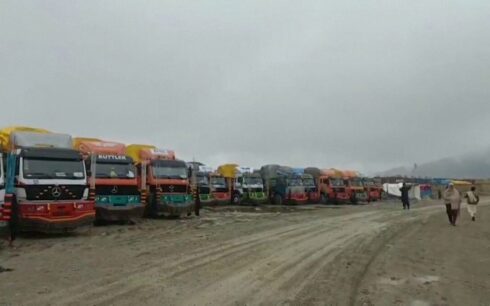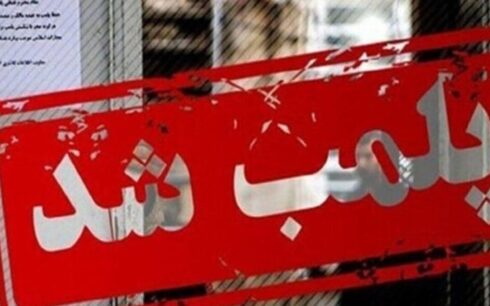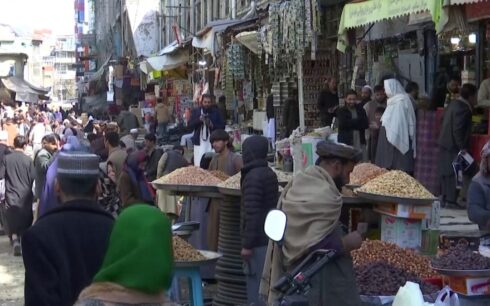KABUL, Afghanistan — A number of experts said Afghanistan’s private sector needs full support as it can play a role in reducing impacting of economic and political crises on the country.
Although the main agenda of the upcoming Doha meeting on Afghanistan, scheduled for June 30, remains unclear, sources report that the country’s struggling private sector can be part of the agenda of the event.
The experts argued that the country’s private sector lack the necessary work facilities and that they need increased support from relevant institutions.
“The private sector can play a key role in various parts, including infrastructure, and can reduce the impacts of political crises on the economy,” said Haroon Amini, an analyst in economic affairs.
“The main problem that the private sector has is that we do not have a credible international banking system based on which we can carry our exports out of Afghanistan. All international transactions are done through local money exchangers,” said Azrakhsh Hafizi, former president of the Afghanistan Chamber of Commerce and Investment.
Moreover, analysts in economic affairs stressed the need to address challenges facing investment in Afghanistan.
“Overall, international restrictions have caused economic crisis that has an external root and has affected the private sector in particular,” said Siyar Quraishi, an analyst in economic affairs.
A resident of Herat, meanwhile, said ways to improve the country’s economy should be discussed in the upcoming Doha meeting.
“We are poor daily wage workers. We have food for one meal, and we don’t have it for the next. The economic situation of the people should be addressed at the Doha meeting,” said Hashim, a resident of Herat.
Previously, a senior diplomat told Amu that the appointment of a UN special representative at the third Doha meeting is unlikely or may be delayed, despite a UNSC resolution last December adopting the proposal. Additionally, the diplomat noted that human rights issues are not yet included in the meeting’s agenda, drawing strong criticism from activists.
As the international community prepares to discuss Afghanistan’s future, the voices of its citizens and private sector experts highlight the pressing need for economic solutions and international cooperation.





